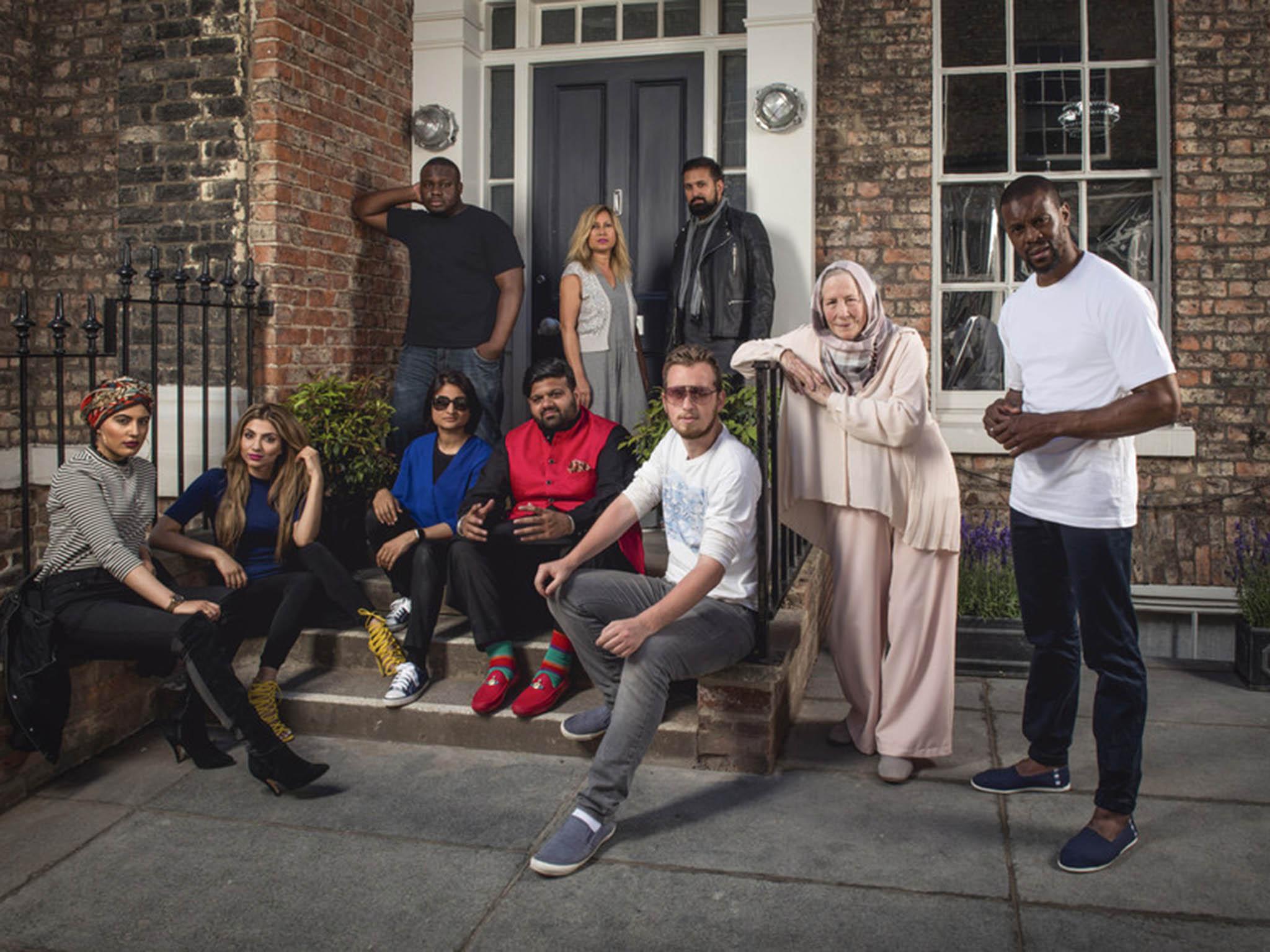You're dreaming if you think that the new 'Muslim Big Brother' won't make religious intolerance worse
New TV show Muslims Like Us pits a woman described as a ‘radical moderate’ against Abdul Haqq, a boxer who has been called an extremist, having converted from Christianity to Islam

This week BBC2 screened the controversial ‘Muslims Like Us’ two-part reality show. Billed as a ‘Muslim Big Brother’, it puts ten Muslims in a house in York and films their arguments over faith and Islamic culture.
The programme is intended to challenge misconceptions around faith, but also highlight the differences within faiths.
It pits a woman described as a ‘radical moderate’ against Abdul Haqq, a boxer who has been called an extremist, having converted from Christianity to Islam.
Haqq could be seen as something of a caricature of Islam, with his links with Isis and having spent time in Belmarsh prison for trying to leave the country with a forged passport.
The show promises to explore what it means be a Muslim in modern Britain, where 2.7 million people are now followers of Islam, but it could be seen to reinforce stereotypes rather than increase understanding. Caricatures are not enough if we are to forge a truly inclusive Britain.
In order to build community cohesion, we need to achieve a basic standard of religious literacy in the UK. Put simply, if we do not make the effort to understand our neighbours, how can we get on with each other? Where ignorance exists, misunderstanding, suspicion and mistrust soon creep in.
This must go beyond religious education lessons in our schools. We need to work at improving understanding right across society and at every level if we are to promote respect and harmony.
This is central to the work we do at the Woolf Institute. For almost two decades, we have been examining the interaction between Judaism, Christianity and Islam and helping identify practical measures to build bridges between these faith communities and wider society.
Sadly, we find that all too often religion is seen not as a source of comfort or a force for good, but as a cause of division and conflict – often precisely because of misinformed stereotypes and prejudice.
This is profoundly worrying. It is leading to the hugely positive impact of religion being ignored or dismissed.
There is a danger, too, that it will lead to communities becoming more tribal and separate, providing fertile ground for extremist views on all sides.
Building genuine understanding within our society requires an acceptance and respect for where we differ, and an ability to embrace these differences in order to protect civilised society.
As Christians celebrate Advent and look to Christmas and Jews to the celebration of Chanukah, the challenge for us all is to create a nation in which our differences are seen not as a cause for concern, but as a strength to be celebrated. Because no one is an island – whether we ‘subscribe’ or not, religion affects us all.
Dr Edward Kessler is Director of the Woolf Institute

Join our commenting forum
Join thought-provoking conversations, follow other Independent readers and see their replies